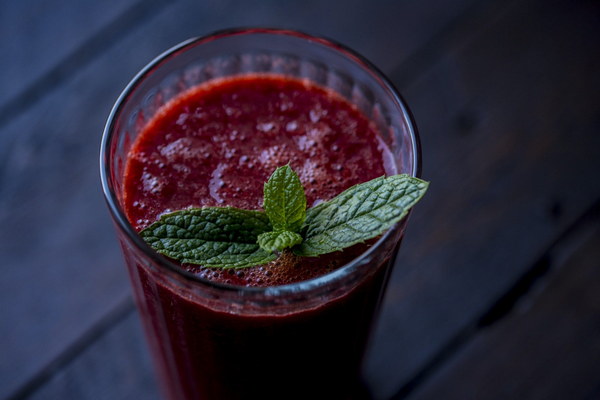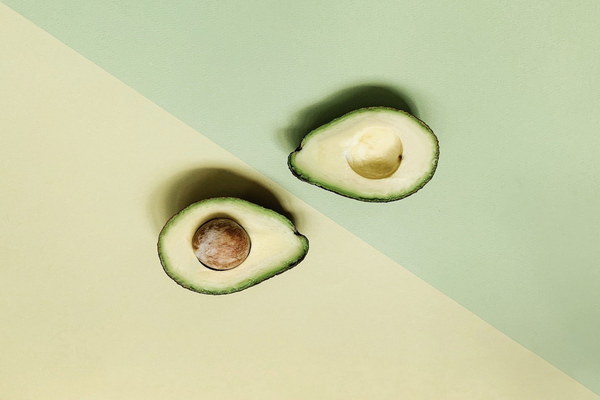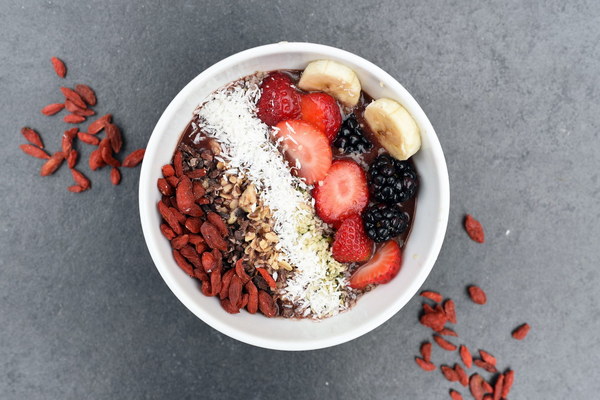Unlocking the Power of Selenium Which Form is Best for Liver Protection
Introduction:
The liver is a vital organ responsible for detoxifying the body, metabolizing nutrients, and producing bile. It is crucial to keep this powerhouse healthy, and selenium, a trace mineral, plays a significant role in liver protection. However, not all selenium forms are equally effective. This article explores the different selenium forms and highlights the one that offers the best liver protection.
1. Selenium Overview:
Selenium is an essential trace mineral that acts as an antioxidant in the body. It is found in various food sources, such as Brazil nuts, seafood, meats, and grains. Selenium is essential for the proper functioning of the immune system, thyroid gland, and liver.
2. Selenium's Role in Liver Protection:
The liver is exposed to various toxins, including free radicals, heavy metals, and alcohol. Selenium helps neutralize these harmful substances, reducing the risk of liver damage. Selenium also plays a crucial role in the synthesis of glutathione peroxidase, an antioxidant enzyme that protects the liver cells from oxidative stress.

3. Different Selenium Forms:
There are several forms of selenium available in dietary supplements, including selenium yeast, selenomethionine, selenate, selenite, and sodium selenite. Each form has its own characteristics and absorption rates.
3.1 Selenium Yeast:
Selenium yeast is a whole-food form of selenium that is easily absorbed by the body. It contains selenium in the form of organic selenium, which is thought to be more bioavailable than inorganic selenium forms. Selenium yeast has been shown to support liver health by enhancing the activity of glutathione peroxidase and reducing oxidative stress.
3.2 Selenomethionine:
Selenomethionine is an amino acid that contains selenium. It is a popular form of selenium in dietary supplements due to its high bioavailability. Selenomethionine has been studied for its potential to protect the liver from oxidative stress and promote liver regeneration.
3.3 Selenate, Selenite, and Sodium Selenite:
These inorganic selenium forms are less bioavailable than organic selenium forms like selenium yeast and selenomethionine. They are often used in selenium fortification of food and water. While these forms can still provide selenium, they may not be as effective in liver protection compared to organic selenium.
4. The Best Selenium Form for Liver Protection:
Based on current research and evidence, selenium yeast and selenomethionine are considered the best forms of selenium for liver protection. Both of these organic selenium forms have been shown to enhance the activity of glutathione peroxidase and reduce oxidative stress, thereby protecting the liver from damage.
Conclusion:
Selenium is a vital nutrient for liver protection, and choosing the right selenium form is crucial for maximizing its benefits. Selenium yeast and selenomethionine are the most effective organic selenium forms for liver protection, as they provide high bioavailability and support the liver's antioxidant defenses. Incorporating these selenium-rich foods into your diet or considering a supplement containing selenium yeast or selenomethionine can help ensure optimal liver health.









